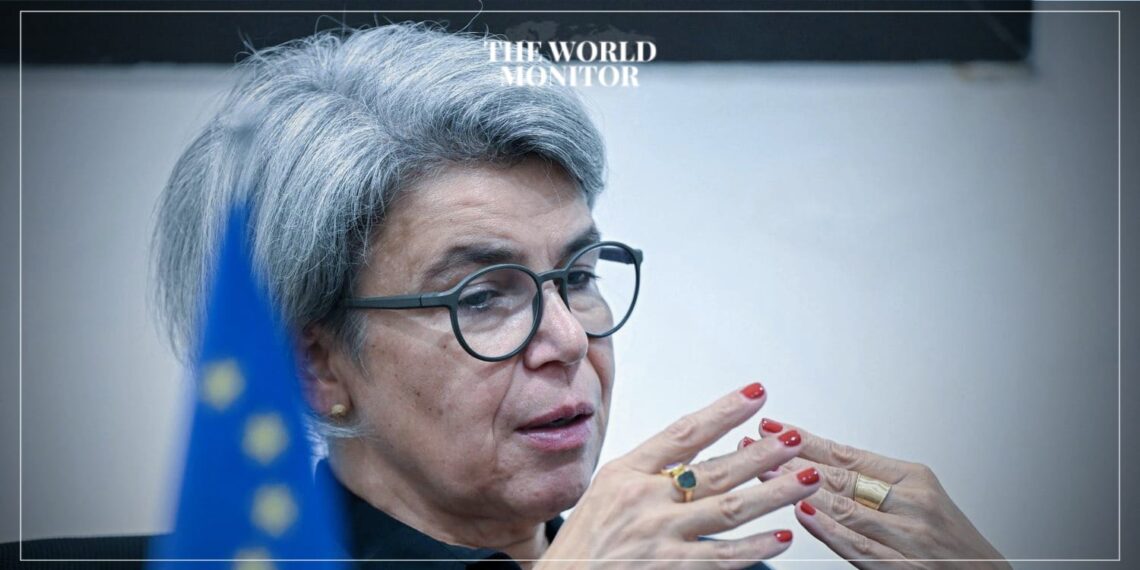The European Union has spoken of a renewed spirit in the Jeddah negotiations among Sudanese conflict parties, a significant shift from a period of prevailing frustration. Annette Weber, the European Union’s Special Representative for the Horn of Africa, in a conversation with Al Sharq Al Awsat, highlighted the crucial role of the Kingdom of Saudi Arabia in this pivotal issue for the Horn of Africa countries.
Weber emphasized the need to integrate various initiatives (European, Saudi, American, African) into a single, serious initiative, noting the trust all parties have in Saudi mediation efforts. During her visit to Riyadh, she attributed the stumbling of the Sudanese negotiations to both sides’ reluctance to pursue peace, fearing they might achieve more through military might than through negotiation. This attitude, she warned, is dragging the country downwards.
However, Weber expressed optimism based on the current momentum, noting the participation of Sudan’s leaders in the Arab Islamic Summit in Saudi Arabia and the positive steps toward regional dialogue. She also discussed the potential of Sudan as a pivotal state connecting the coast and the Red Sea, Libya, and the Horn of Africa, emphasizing its importance for European maritime security.
The European envoy also touched upon the challenges facing peace negotiations in Sudan, the potential European sanctions against entities supporting the war, and the vital need for humanitarian access and political transition.
Weber also spoke about the Grand Ethiopian Renaissance Dam (GERD) issue, emphasizing the need to look beyond the dam itself to the future investment needs and water management of Ethiopia, Egypt, and Sudan.
From a European perspective, there is an increasing concern about the deteriorating situation in the Horn of Africa, including the Sudanese crisis and the persistent strength of Al-Shabaab in Somalia. Weber underlined the necessity for a coordinated security structure among countries like Kenya, Ethiopia, and Djibouti to address these challenges.
In summary, the EU’s engagement in Sudan and the Horn of Africa reflects its commitment to regional stability, recognizing the strategic importance of these areas in terms of security, humanitarian, and economic interests.






